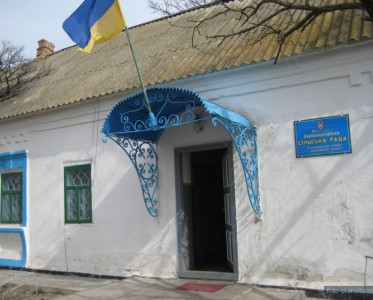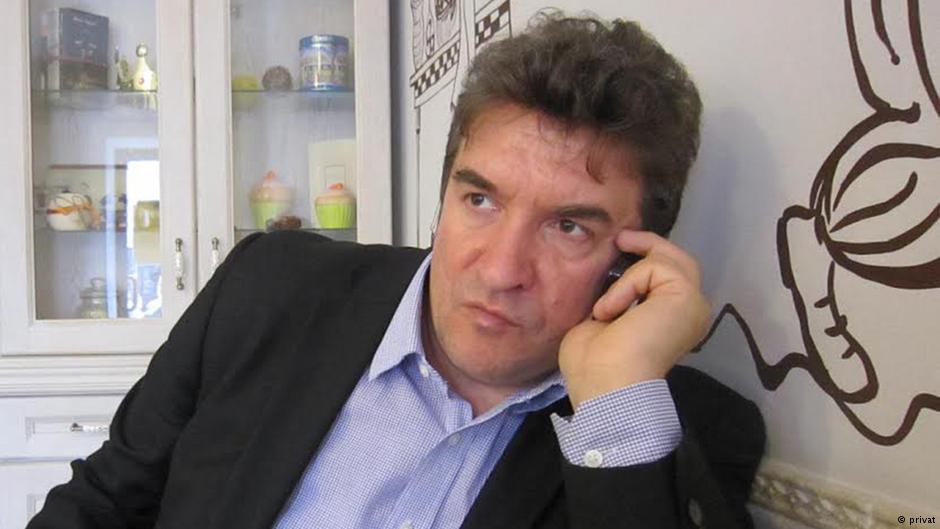
According to Sergei Krivenko, board member of the International Memorial Society, Russian law enforcement agencies believe that the photos of Dmitriev’s granddaughter and daughter may be child pornography that he intended to disseminate on the Internet. However, Memorial representatives believe that Dmitriev’s arrest was intentional to discredit his work and the organization:
“I’ve known Dmitriev for 20 years, and it’s totally absurd to agree with such accusations. As far as can be judged, this is a picture of two girls (his adopted daughter and granddaughter, they are about the same age), running naked to take a bath in the bathroom, a typical family photo. The picture was on his home computer, and, according to Dmitriev’s wife, no one posted it on the Web. This is provocation.”
Yuri Dmitriev’s wife reported that several suspicious phone calls were made to the apartment in the days preceding the arrest, all of them by unknown individuals asking about ongoing studies conducted by the organization. She also says that someone recently broke into the apartment and rummaged through their personal belongings and checked the computer. Nothing was stolen. She stressed that the photos on the computer were family pictures.
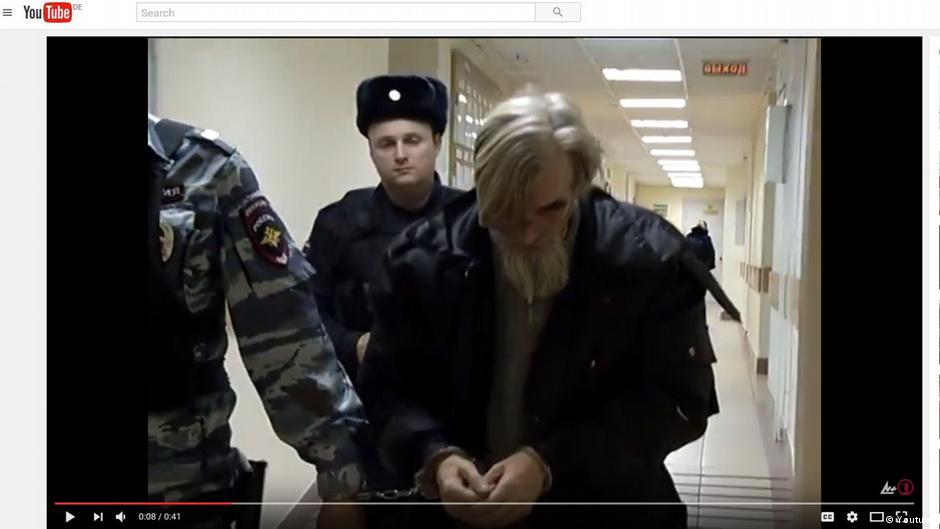
60-year old Dmitriev is well-known for his many years of research on Soviet-era political repression. He is Secretary of the Petrozavodsk and Karelian Commissions on the rehabilitation of former political prisoners under Stalinism. He has published several books on the 1930-1940s repressions in the Republic of Karelia and researched Gulag graves in Karelia:
“It’s the purpose of my life as a person and as a historian to look for the tortured and executed, but a whole lifetime still isn’t enough. Now, from archival documents I can confirm and point out the pits and ditches where Chekists buried around 86,000 people.”
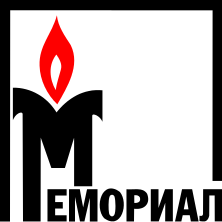
Memorial has since 1989 shed light on the political repression of the Soviet Union. Today, it also works on the human rights situation in Russia and other post-Soviet states.
The Memorial Society includes a human rights centre and an archive on political repression, a library and a museum. The Memorial Human Rights Centre was labeled a “foreign agent” in May 2013. Following the designation, Russia’s Justice Ministry in its annual “foreign agent” audit accused Memorial of “undermining the foundations of the constitutional order of the Russian Federation” and of calling for “a change in political regime” in the country. On October 4, 2016, the Russian Ministry of Justice also designated the International Memorial Society as a “foreign agent”. Memorial said it considers the designation to be unlawful and will appeal the ruling in court. There are currently 145 NGOs listed on the Kremlin’s register. The Ministry of Justice ruled that four statements of the International Memorial Society were evidence of “political activity”, namely: Memorial publicly criticized the Russian law on “foreign agents”; Memorial publicly criticized the decision of the Ministry of Justice to include the Sakharov Centre in the register of foreign agents; Memorial publicly described the actions of Russia in the east of Ukraine as military aggression; and Memorial issued a public statement “The murder of Nemtsov: the responsibility of the authorities”.
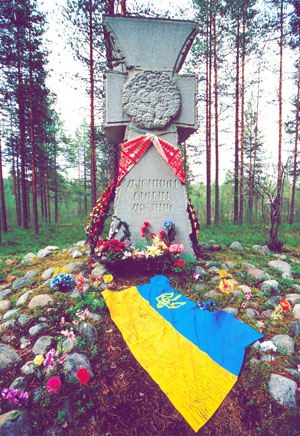
*Sandarmokh Memorial Complex – More than 9,000 bodies were discovered in mass graves in 1997 by members of the Memorial Society, and a memorial cemetery was established on the site. A number of stone monuments have been constructed to commemorate the victims. According to documents found in Russian archives, the victims included people of 58 nationalities, including thousands of members of the Ukrainian intelligentsia.





